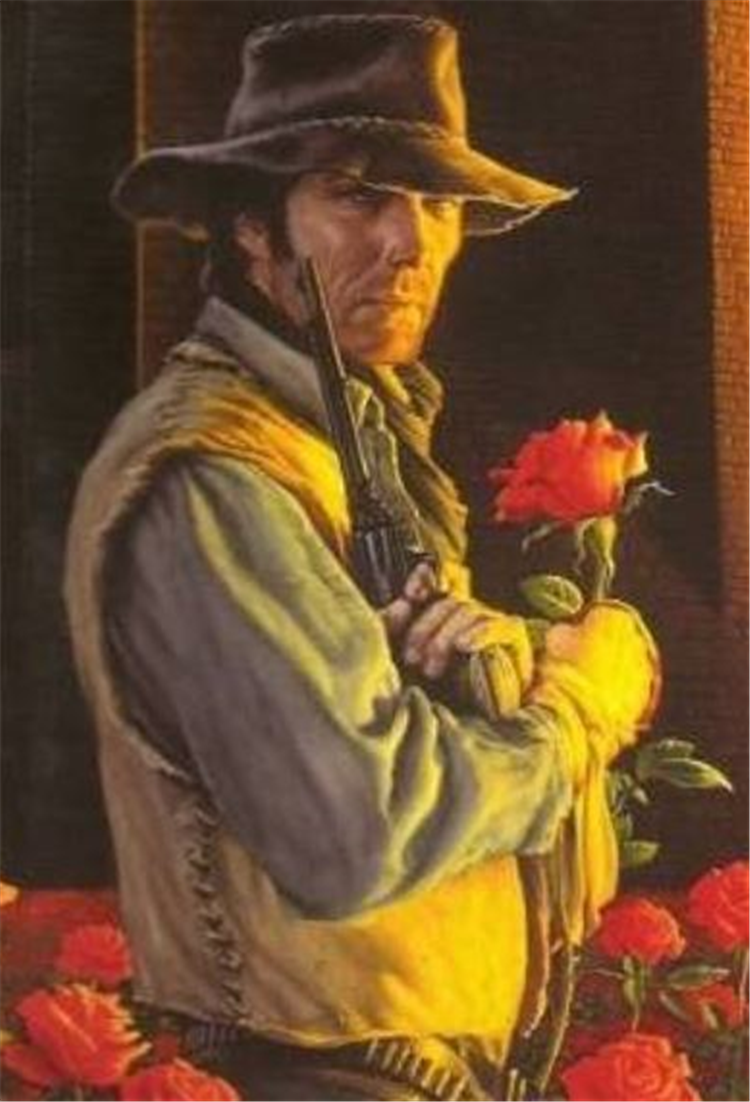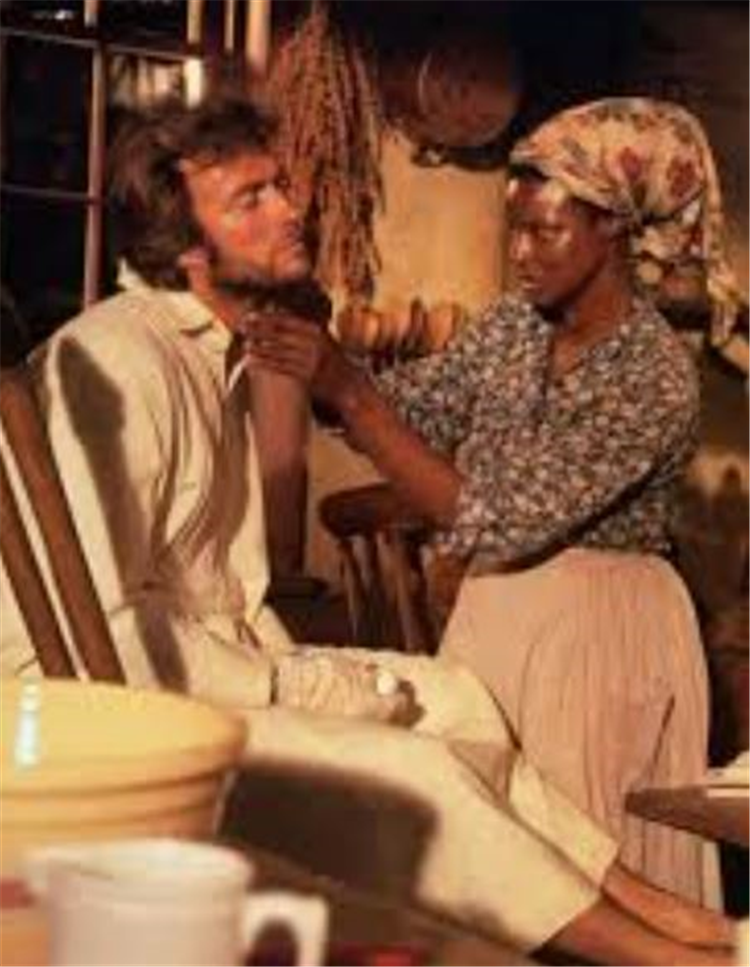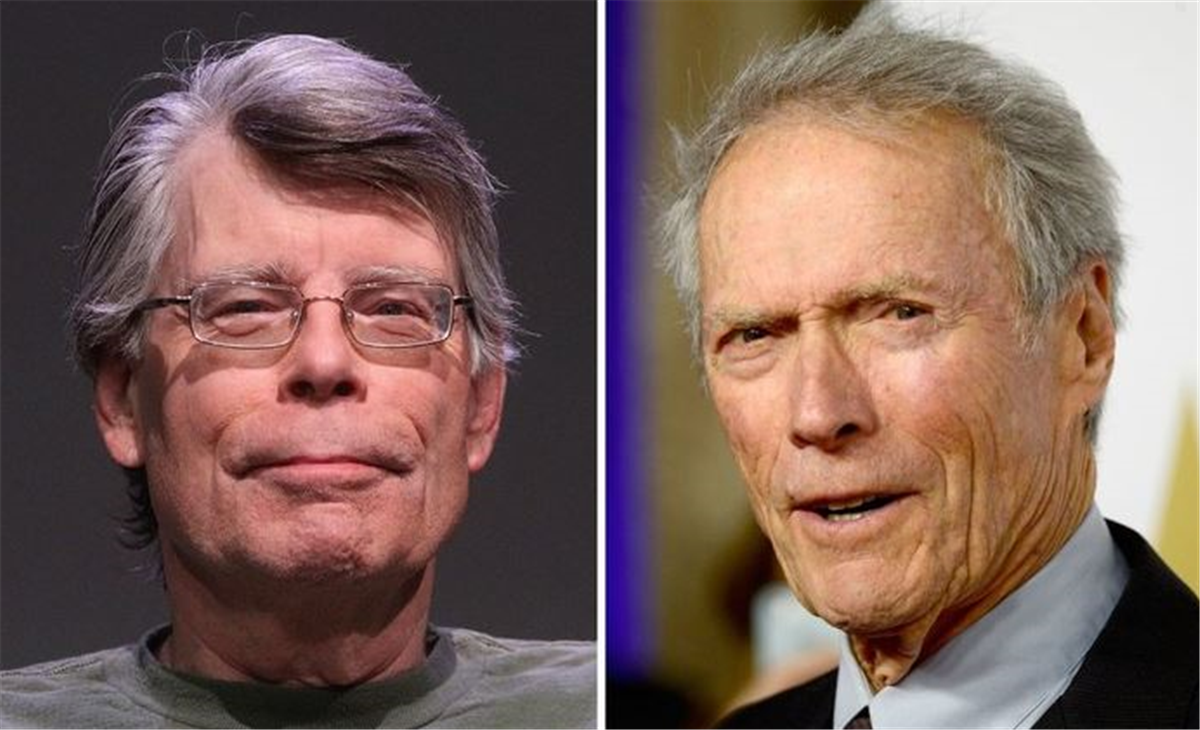Clint Eastwood’s dislike of The Shining outshined even author Stephen King, with the screen icon labeling the 1980 horror movie “A giant failure.” It felt like there was a time when every major genre director had to adapt at least one Stephen King book for the big screen. John Carpenter helmed Christine, David Cronenberg took a visit to The Dead Zone while George A. Romero helmed every chapter of Creepshow. That makes it all the more unusual that the second King adaptation was directed by Stanley Kubrick of 2001 and A Clockwork Orange fame/infamy.
After being disappointed by the response to his period drama Barry Lyndon, Kubrick set out to make something more commercial. He turned to the horror genre and took a liking to King’s The Shining. The resulting film is now considered a masterpiece; a peerless, haunting work filled with unforgettable imagery. Still, The Shining received divisive reviews upon release, with outlets such as Variety and The New Yorker giving it underwhelming notices. Its $48 million gross (via Box Office Mojo) was also considered disappointing.
Why Clint Eastwood Felt Stanley Kubrick’s The Shining Was A “Failure”
Eastwood did not mince words about The Shining
Stephen King has been open about his distaste for what Kubrick did to his novel, from character changes right down to its chilly tone. King’s thoughts are almost glowing compared to Clint Eastwood’s, however, who once vented about The Shining to journalist Paul Nelson (via Conversations With Clint: Paul Nelson’s Lost Interviews with Clint Eastwood, 1979–1983). During this discussion, Clint recalled seeing the film at a Warner Bros screening and summarized his feelings as:
It was just a giant failure. The greatest example in the picture is that there just wasn’t anything at all terrifying about it.
Eastwood felt The Shining was lacking in emotion and energy due to Kubrick’s tendency to do dozens of takes. “I never saw so many good actors, really good performers you’ve seen in many, many films—all these people who are old pros—come off so stiff,” said Clint. He thought none of the scare scenes worked, and that Kubrick had “fallen in love” with his own footage, leading to long, repetitive Steadicam shots that the audience wouldn’t care about.
Eastwood and Nelson are largely in agreement about their issues with The Shining, feeling that Kubrick set out to make a true horror film but that his style ruined it. They appear to view it as an expensive folly, with Eastwood feeling that if a first time filmmaker had directed it, “…they would’ve bombed it right out of the building.”
Clint Eastwood’s Critique Of The Shining Mirrors The Movie’s Reception In 1980
Nobody quite got The Shining in 1980

It’s strange to look back on The Shining’s initial reception in light of its status now. The film often tops lists of the scariest movies ever made, and endless articles and video essays have picked over its many mysteries. The movie had its admirers when it arrived in 1980, but Eastwood’s issues with the film are largely in line with how it was received at the time. Major critics such as Roger Ebert and Pauline Kael felt The Shining was a huge disappointment too, and that it was neither scary nor thrilling.
Eastwood’s words are harsher than even some of The Shining’s worst reviews, but it wasn’t exactly a contrary opinion either.
Many – including King – felt that Jack Nicholson’s turn as Jack Torrance was too over the top and that he already appeared crazed from his first scene. Like John Carpenter’s The Thing, it took many years for people to rediscover The Shining on TV airings or VHS for the critical tide to turn. Granted, Eastwood’s words are harsher than even some of The Shining’s worst reviews, but it wasn’t exactly a contrary opinion either.
Eastwood Considered Parodying The Shining’s Tagline For One Of His Own Movies
Any Which Way You Can nearly threw shade at Stanley Kubrick
Kubrick was meticulous in just about every facet of production on his movies, right down to the posters. There are records of his correspondence with The Shining’s poster designer Saul Bass (via Open Culture), with Kubrick’s handwritten notes conveying his issues with most of them; Bass and Kubrick went through 300 iterations on the s design before settling on the final one. It was Kubrick’s idea to put the tagline “A MASTERPIECE OF MODERN HORROR” on top of The Shining’s poster too.
In Eastwood’s conversation with Nelson, he took Kubrick to task for making such a lofty declaration. Clint recalled some of the WB execs tried to talk the director out of this, stating “Stanley, maybe you better wait and let some reviewer stick that byline on the film, because it might be considered a little forward of you to do it.” Eastwood then tells Nelson that while discussing the ads for his 1980 comedy Any Which Way You Can, he pondered “Well, maybe we should call it ‘a masterpiece in modern comedy and adventure.’”
While no doubt a tongue-in-cheek remark, it actually would have been funny had Eastwood’s film attached that slogan to the poster. Instead, they went for the much milder tagline “Faster, funnier and wilder. It’ll knock you out!”
Even Stephen King Wasn’t As Harsh On The Shining As Eastwood
The Shining’s author has paid Kubrick’s film some compliments

Generally, Kubrick’s The Shining is considered a horror classic that is also a terrible adaptation of King’s novel. The book is deeply personal to King and spoke to his own issues with addiction and raising a family. The author was so displeased with how Kubrick treated his original story that he later remade The Shining as a miniseries that was far more faithful to the source material.
King has often written about his opinions on Kubrick’s Shining and given many interviews on the topic, but maybe his most famous quote comes from the TCM documentary A Night at the Movies: The Horrors of Stephen King. Here, the author stated the images within The Shining are “striking,” but that it’s all surface without substance, and “It’s like a beautiful car that had no engine in it.” Despite his issues, King has still paid compliments to The Shining, from the performance of young Danny Lloyd to its visuals.
In 2019, Mike Flanagan helmed Doctor Sleep, a Shining sequel that did the seemingly impossible by combining the disparate tones of King’s book and Kubrick’s film. After seeing the sequel, King told Flanagan that Doctor Sleep “redeemed” everything he disliked about the 1980 film – though it seems the author still isn’t a fan. Regardless, even King found some nice things to say about The Shining, whereas Clint disliked Kubrick’s film from top to bottom.
Eastwood’s Critiques Of The Shining Are Valid
Right or wrong, Eastwood is thoughtful in his Shining critiques
Scatman Crothers played Dick Hallorann in The Shining and followed up the film with a role in Eastwood’s favorite Western of his own, Bronco Billy. There’s an unconfirmed story that Crothers cried after Eastwood declared he was happy with the actor’s first take of a scene and was moving on; Crothers wasn’t crying because he was upset, but because he was so used to endless takes working with Kubrick.
Their contrasting styles could be at the heart of why Eastwood was left cold by Kubrick’s The Shining, with the latter finding the film’s patient rhythm too clinical.
Kubrick was noted for filming dozens of takes for even the simplest of scenes, while Eastwood often shoots the first or second take of a given scene. Their contrasting styles could be at the heart of why Eastwood was left cold by Kubrick’s The Shining, with the latter finding the film’s patient rhythm too clinical. Eastwood’s comments about Kubrick’s work might be withering, but as a major filmmaker himself, his issues are totally valid.
Eastwood is thoughtful in his Shining comments and about the reasons he felt the film didn’t work, from its use of sets instead of real locations, the overuse of Stedicam to the lack of energy in the performances. These were all intentional choices by Kubrick and are the reason it is now held in such high regard, but for Eastwood and others who felt iced out by The Shining, these are fatal flaws.
